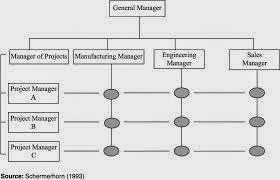Public Private Partnership (PPP) Model of Development in Nepal
1. Background ¨ Development of essential public infrastructure and services (including roads, bridges, airports, modern means of communication, drinking water, irrigation, electricity, railways, cable car, ropeways ) is imperative for achieving sustainable economic growth of the country. ¨ The means and resources allocated from national treasury fall short of what is required for the construction and operation of infrastructure services. ¨ It is desirable to make assets of public utility and operation of public services less costly, effective and reliable. ¨ For this the means, resources, skills and technology available with the private sector must be attracted towards development works of the nation based on the concept of Public Private Partnership (PPP). ¨ It is believed that the contribution of infrastructure services built on this model is crucial and effective for providing momentum to economic development and ¨ ...



Comments